Publications
Articles, publications, books, tools and multimedia features from the U.S. Institute of Peace provide the latest news, analysis, research findings, practitioner guides and reports, all related to the conflict zones and issues that are at the center of the Institute’s work to prevent and reduce violent conflict.
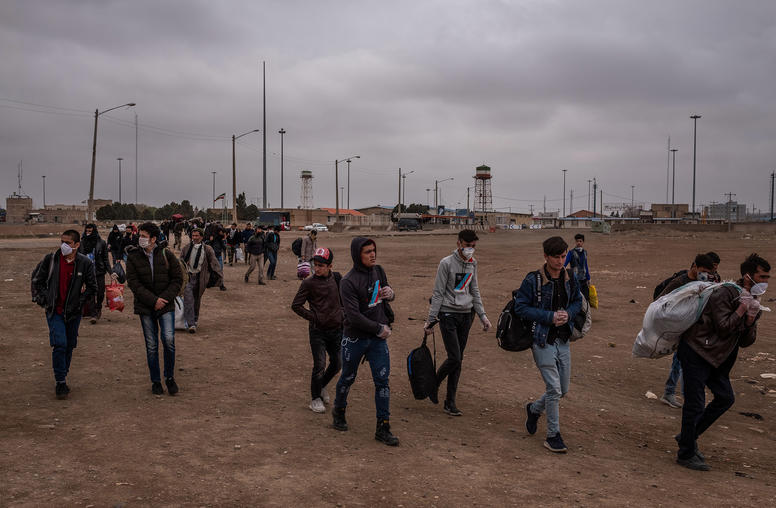
Coronavirus in Afghanistan: An Opportunity to Build Trust with the Taliban?
The COVID-19 crisis comes at a critical juncture for Afghanistan. The disputed 2019 presidential election has led to a stalemate between incumbent President Ghani and the chief executive of the last government, Abdullah Abdullah, both of whom claim the right to govern. At a time when the Afghan government should be focused on the best chance to bring peace in years, it’s distracted by a political crisis. Meanwhile, progress in the peace process has slowed since the U.S. and Taliban signed a deal in late February.
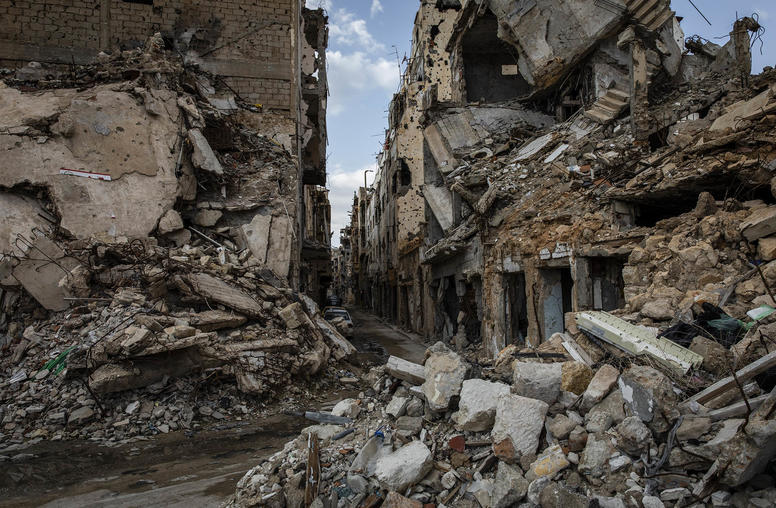
Coronavirus Shows Why Libya Needs to Build its Institutions
Even before the coronavirus pandemic spread across the globe, Libya’s health system—like many of the country’s institutions—was in crisis. The country’s public health infrastructure has been neglected since the 2011 uprising and even before it was in need of a fundamental overhaul. On top of that, many of the foreign medics in Libya fled following the conflict in 2011 and have not returned.

Lucy Kurtzer-Ellenbogen on Israel’s Political Turmoil and the Coronavirus Crisis
After three elections, Israel’s political crisis is reportedly coming to an end. Lucy Kurtzer-Ellenbogen explains that the focus has now shifted to the coronavirus pandemic and its impact on the Israeli-Palestinian conflict, saying, “What you do often see in the face of these immediate crises is a lot of banding together and cooperation … the question is how long it holds afterwards.”
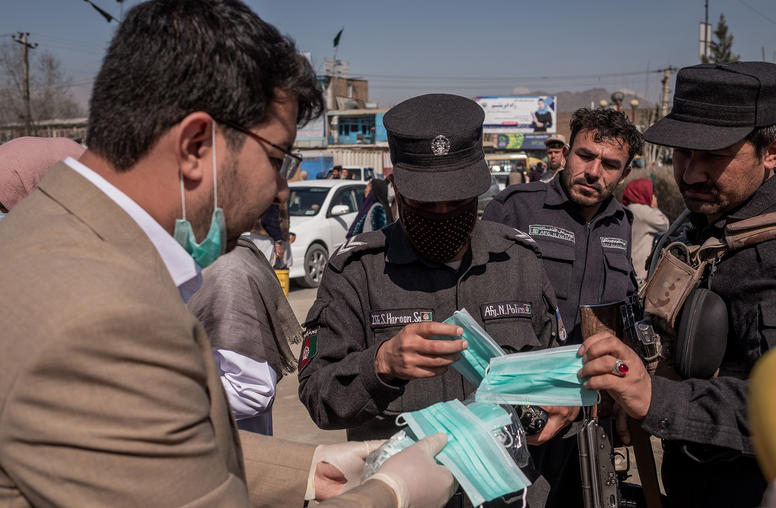
The Coronavirus is a Call To Build Resilience in Fragile States
As more developed nations have struggled desperately to contain and manage the COVID-19 pandemic, the specter of the virus rolling through the more fragile countries in the Sahel, Horn of Africa, and parts of the Middle East is a terrifying, slow-motion train wreck with the potential to trigger a devastating multidimensional-tiered health, economic, political, and security crisis. It also provides an urgent call to action to do things differently in fragile states so they can recover better.
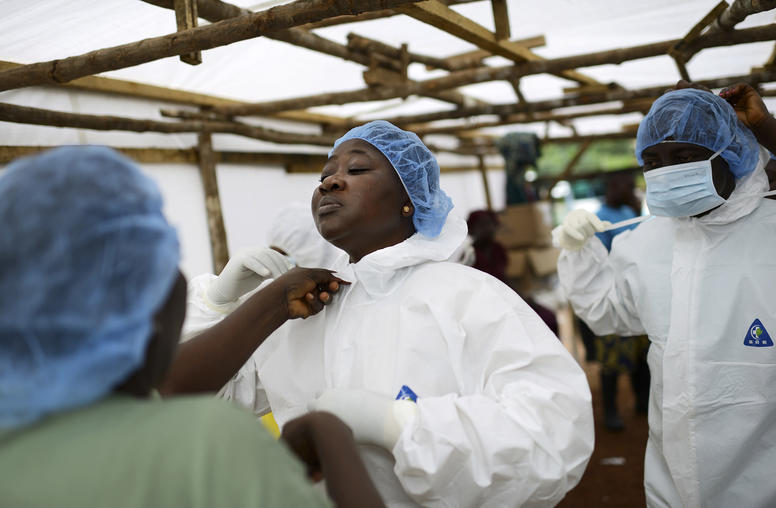
How to Make Women Count in the Response to Coronavirus
As health organizations and national governments seek to stem the spread of COVID-19, it is critical that they understand the gender dynamics in their societies. Efforts to combat the pandemic will only go so far if women and girls are left behind in the process. For example, how can a woman experiencing domestic violence quarantine at home safely? Thankfully, global efforts to integrate women as equal partners in peace and security can provide key lessons in responding to health epidemics more inclusively and effectively.
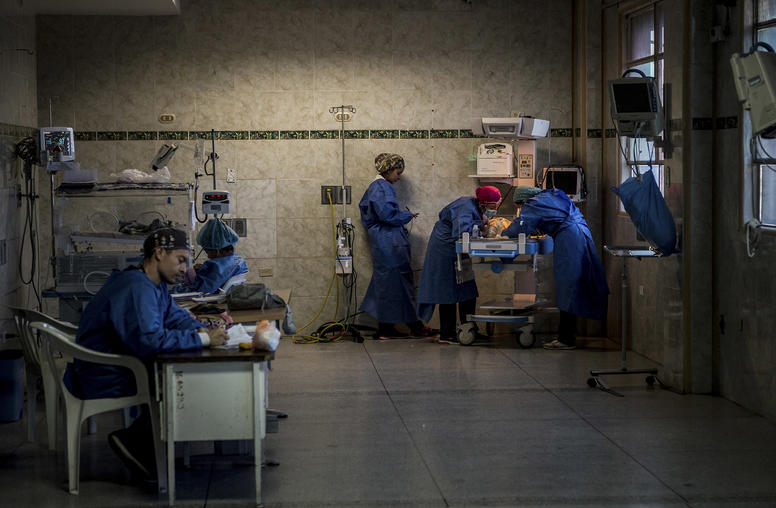
Venezuela: Could the Coronavirus Threat Be an Opportunity?
Helping Venezuela resolve its political crisis will be vital to containing the potentially catastrophic COVID-19 pandemic there. A truce in the country’s power struggle is urgent, and last week’s U.S. proposal for a transitional government offers useful ideas, even for a naturally skeptical governing regime. Advancing them would benefit from mediation, perhaps by the Vatican or the United Nations, and will require cooperation among the major powers—the United States, Russia and China—involved in the crisis. If Venezuelans and outsiders can join against the common human threat of coronavirus, that could lay foundations for an eventual political solution to the decade of turmoil that has brewed the hemisphere’s worst humanitarian disaster.
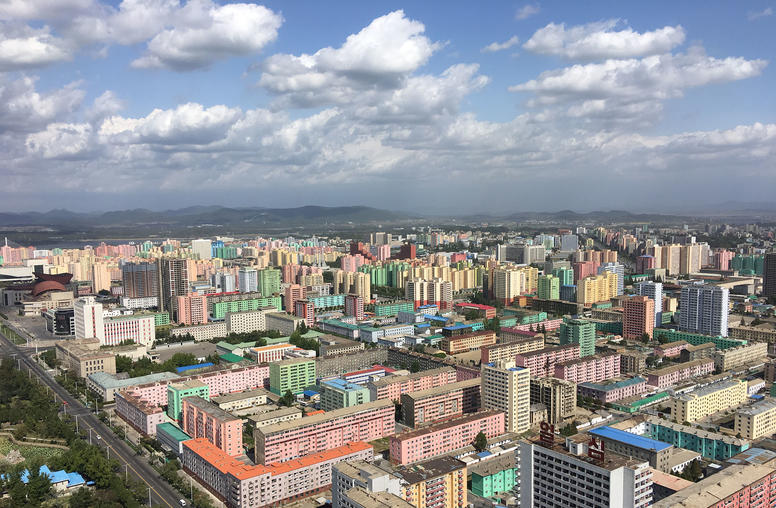
North Korea: Coronavirus, Missiles and Diplomacy
Despite reporting no cases of COVID-19, North Korea’s poor health infrastructure and proximity to coronavirus hotspots make it especially vulnerable to the deadly pandemic. Increasing the risks, humanitarian workers and medical supplies in the North Korea are limited by travel restrictions and sanctions even as the U.N. sanctions committee provided some exemptions to help deal with the virus. An outbreak of the disease in North Korea could have crippling political and socioeconomic consequences, even threatening its internal stability.
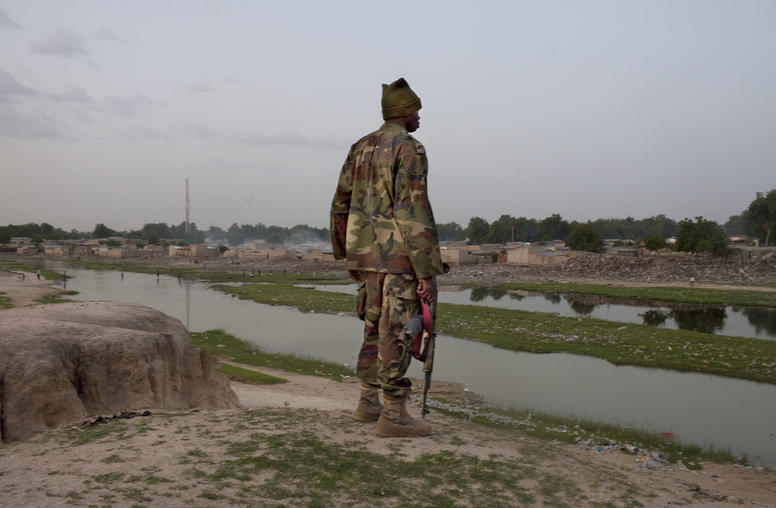
Nigeria Should Build Peace Like it Fights Coronavirus
Nigerian leaders struggling to reduce violence in the country’s myriad conflicts should take some lessons—from their own response to the coronavirus. While Nigeria’s COVID-19 ordeal is still unfolding, its eventual casualties unknown, the Nigeria Center for Disease Control (NCDC) and several governors have modeled the ways to reduce catastrophic outbreaks. The simple existence of a national prevention center with sustained resources has proven critical. Key officials have applied vital principles, acting at the first sign of danger and keeping the public widely informed. These are precisely the ways to confront Nigeria’s other national plague—of violence.
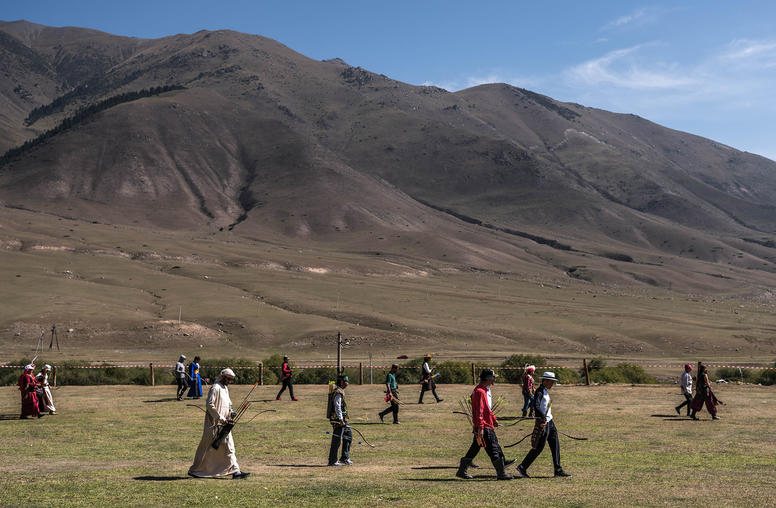
Central Asia and Coronavirus: When Being Nomadic Isn’t Enough
“Do you know how nomads prevent conflict?” a Kazakh friend once asked me. “I turn this way; you turn the other way. We start walking.” In ordinary times in Central Asia, this traditional “social distancing” may be enough to avert friction. But in a time of pandemic, it isn’t. Like elsewhere, the novel coronavirus is challenging Central Asian states and societies in new ways and revealing a great deal about the character of peoples and their governments. Here’s a look across the region at how the crisis has affected its states and how leaders have responded.

Steve Hege on Venezuela and Colombia During Coronavirus
After the U.S. indictment of Venezuelan President Nicolas Maduro, USIP’s Steve Hege looks at how the political crisis in Venezuela endangers vulnerable populations as well as neighboring Colombia amid the coronavirus pandemic.